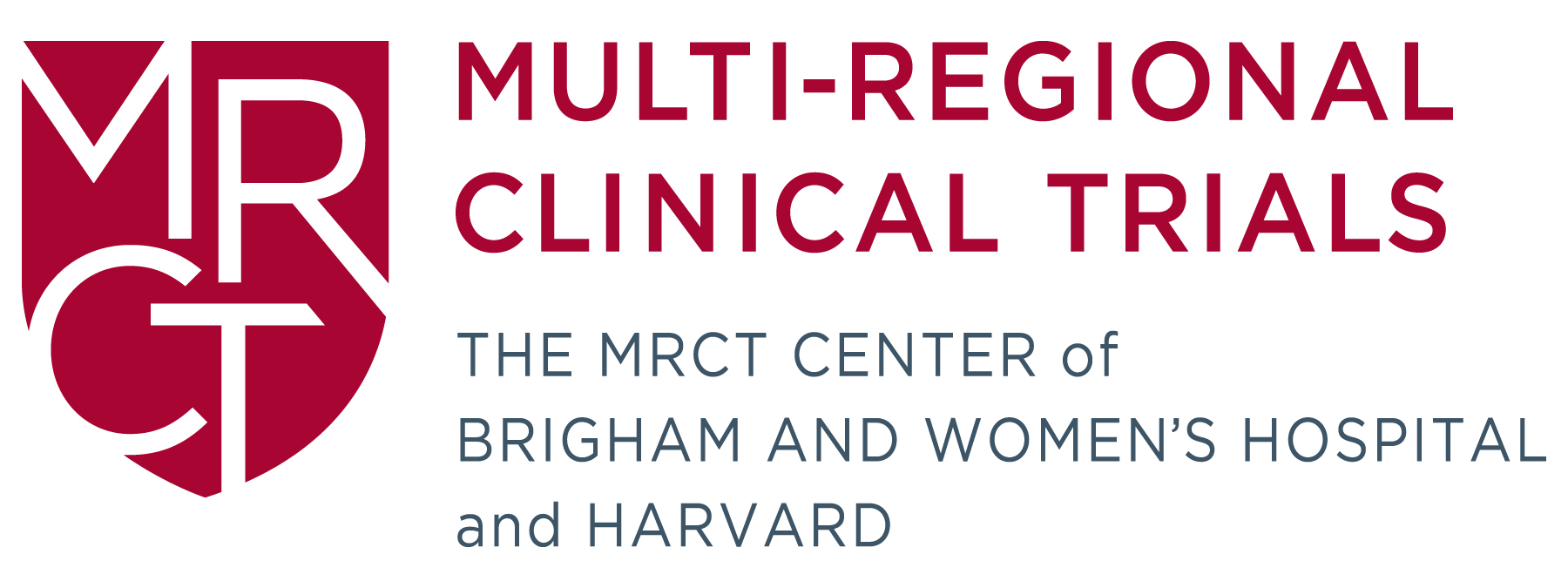Sponsors and investigators work to create clinical research materials, including educational resources and informed consent forms to optimize understanding and public and participant engagement. However, one third of the U.S. population has basic or below basic levels of health literacy and medical information is technical and complex. No longer can the burden of understanding rest on the listener alone; the definition of health literacy must pivot to include communicators and their ability to share information in ways that are understandable to the intended audience. Clear research communications are essential to successful participant recruitment, consent, enrollment, adherence, follow-through, and termination. Yet a comprehensive set of resources to support clinical research stakeholders in their integration of health literacy best practices into clinical research have not been made available until now.

Many of those resources are directed to investigators and study teams, and include useful health literacy best practices to employ across the participant’s clinical trial life journey. Research teams can promote clear communications by:
- Integrating the input of patients and potential participants into the study design, and the creation of the protocol and informed consent materials;
- Performing outreach to communities of potential participants about research as a concept and, as applicable, the ways research may have already benefited their community(ies);
- Developing recruitment materials that are sensitive to the informational needs of the population being recruited;
- Crafting consent forms and related scripts that facilitate conversations about the requirements of study participation;
- Supporting ongoing study activities through the addition of study medication instructions, personalized study calendars, appointment reminders, participant satisfaction surveys, and study updates as needed;
- Providing participants with the details related to the end of their participation, including access to further experimental interventions or treatment, the planned completion of the study, and the timing of analysis and results reporting.
To support the above recommendations, the MRCT Center has developed resources, tools, and guidance to optimize health literacy approaches within the clinical research space and is launching a comprehensive, dynamic – and growing!— website to disseminate the materials.
CITI Program encourages health literacy awareness and education
Our Human Subjects Research (HSR) program offers several additional modules of interest on advanced issues of consent and research involving different subject populations that can be used to supplement basic HSR training, including:
- A module written in lay language developed to help subjects and their family members learn more about participating in research
- Are You Thinking About Being in a Research Study?
- Three modules about community-engaged research and community-based participatory research
- Introduction to Community-Engaged Research (CEnR)
- Introduction to Community-Based Participatory Research (CBPR)
-
- Ethical and Practical Considerations in Community-Engaged Research (CEnR)
- Several modules about research with different subject populations that may require additional considerations or protections, as well as several modules about advanced issues in informed consent. Examples include:
- Consent and Cultural Competence
- Consent Tools Used by Researchers
-
- Gender and Sexuality Diversity (GSD) in Human Research
-
- Research with Decisionally Impaired Subjects




